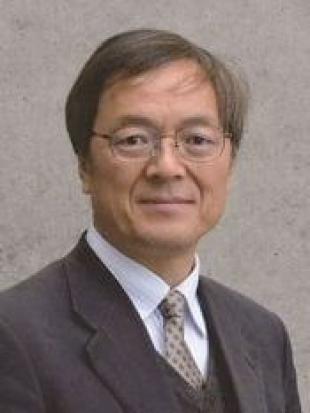Biography
Prof Fawu Wang is full professor at the Department of Geoscience, Shimane University, Japan. He is also the director of Research Center on Geo-disaster Reduction in the university.
He obtained a doctorate degree in science on landslide from Kyoto University in 1999.
Prior to joining Shimane University in 2010, he worked at the Disaster Prevention Research Institute of Kyoto University in Japan for 6 years, in Department of Civil Engineering, Kanazawa University in Japan for 4 years, and Changchun College of Geology in China for 5 years.
He has been working on challenging problems in landslides, such as the mechanism of rapid and long runout landslides, the transformation mechanism from landsliding to flow-sliding, motion prediction of landslides, motion behavior of submarine landslides, and landslides triggered by earthquakes, heavy rainfall, and water impoundment.
His primary research interests are to clarify the common mechanisms of landslides initiated by different triggers, and to find a way to predict the occurrence and motion of landslides, for the purpose of landslide disaster mitigation.
In his career on landslide study for more than 30 years, he co-authored 2 books, co-edited 7 books, and published more than 70 peer-reviewed scientific papers related to landslides. He also attended lots of international conference, and made more than 30 oral presentations.
From 2001, he obtained more than 15 competitive research funds, including Fundamental research grant (Kiban Kenkyu A) from Japan Society for Promotion of Science (JSPS). With those funds, he build his own laboratory on landslide study in Shimane University.
Currently, the on-going projects in his laboratory include:
- Time prediction of shallow landslides triggered by heavy rainfall
- The impact force evaluation of submarine landslides on pipelines
- Influence of water level variation on reactivated landslide in water reservoir
Besides the teaching and research activities, he is also working as the Director-General of the International Consortium on Geo-disaster Reduction, the chair holder of UNESCO Chair on Geoenvironmental Disaster Reduction, the Editor-in-Chief of a Springer open access journal: Geoenvironmental Disasters, the deputy-director of Department of International Affairs of Japan Landslide Society.



